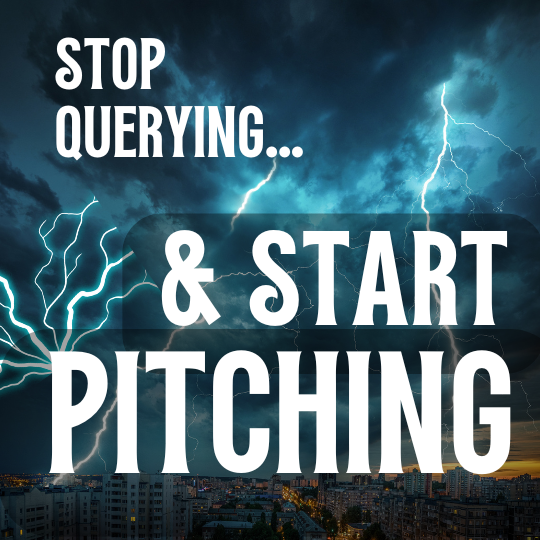Let me start by saying, what I'm proposing isn't prologue bashing. Please be respectful of an author's choice.
Yes, 90% of prologues don't work for a multitude of reasons, just watch Agent Pete's YouTube video about them. And bear in mind agents aren't fans of them unless you're an established author - at least, that's my take.
Having said that, there are prologues that work when they are used correctly, as @Carol Rose does. So, in that vein, and having just read two prologues that worked, I'm interested, what makes a prologue for you? What's the magical ingredient you've noticed? Let's get to the bottom of that.
For a standalone, I've noticed the prologue goes to the heart of the story. In A Song of Ice and Fire by GRR Martin, the main plot involves the threat beyond the wall, and that's where the prologue begins. In Harry Potter, it begins just after Voldemort killed Harry's parents, and that's where the prologue begins (even though it's called The Boy who Lived).
It must be noted, authors who did this crafted a great prologue AND a great first chapter.
Yes, 90% of prologues don't work for a multitude of reasons, just watch Agent Pete's YouTube video about them. And bear in mind agents aren't fans of them unless you're an established author - at least, that's my take.
Having said that, there are prologues that work when they are used correctly, as @Carol Rose does. So, in that vein, and having just read two prologues that worked, I'm interested, what makes a prologue for you? What's the magical ingredient you've noticed? Let's get to the bottom of that.
For a standalone, I've noticed the prologue goes to the heart of the story. In A Song of Ice and Fire by GRR Martin, the main plot involves the threat beyond the wall, and that's where the prologue begins. In Harry Potter, it begins just after Voldemort killed Harry's parents, and that's where the prologue begins (even though it's called The Boy who Lived).
It must be noted, authors who did this crafted a great prologue AND a great first chapter.




